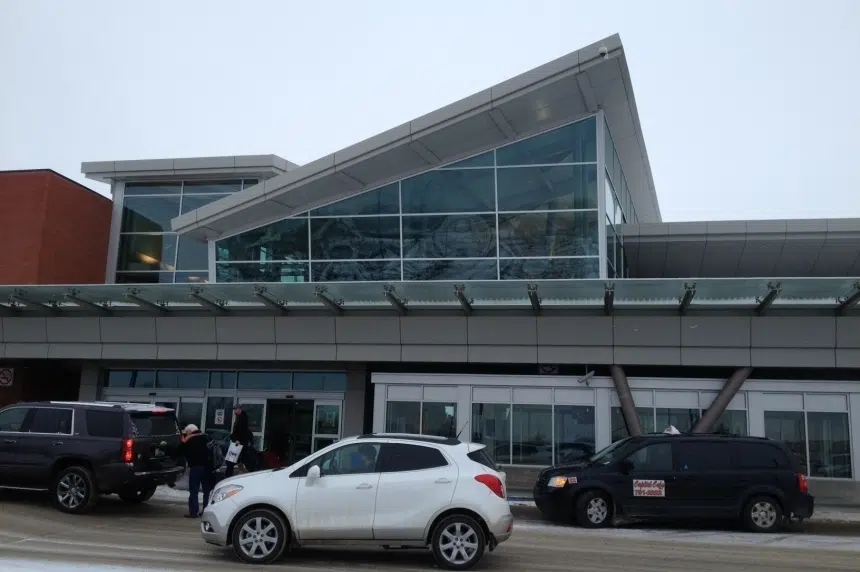While a COVID-19 testing pilot project in Calgary gives the aviation industry some hope for a recovery, the CEO of the Regina Airport Authority is getting frustrated waiting for federal aid to help tide the industry through the pandemic.
James Bogusz has repeatedly spoken out about the impact travel restrictions have had on the aviation sector, with traffic at the Regina airport dropping by 98 per cent in the spring during the start of the pandemic.
In September, he warned the airport authority was running out of cash and would be reaching into its line of credit within the next month or two.
Speaking on the Greg Morgan Morning Show on Thursday, Bogusz tried to strike a diplomatic tone.
“I’m always mindful that we appreciate very much the work we do both with the federal and provincial government, but I have been incredibly disappointed with the lack of support that has come from our federal government for our industry specifically,” Bogusz said.
“I recognize everyone’s hurting right now but aviation has taken a massive downturn. We just simply cannot generate enough revenue with all our expense reductions to keep whole.”
Bogusz said it’s only now, eight months into the pandemic, that he has even heard a hint that conversations are taking place regarding some sort of rescue package. However, he’s waiting anxiously, saying he needs firm details in order to plan ahead.
He said the last thing he wants to do is raise airport fees, adding that would have disastrous effects. He pointed to Atlantic Canada, where WestJet withdrew from those markets in part because of higher fees as well as travel restrictions.
“We cannot have that happen here in Regina and I am calling on the government to support our airport and support aviation while these travel restrictions are in place,” Bogusz said.
As international air travel has been crippled by the mandatory 14-day self-isolation requirement, many hope a new pilot project between the governments of Alberta and Canada and the Calgary Airport could reduce the quarantine period.
Last week, the three announced a partnership to offer testing to international travellers at YYC.
Starting next Monday, those travellers can opt for a test upon entry to the country. They would still be required to quarantine.
However, if the test comes back negative, the individual would be allowed to re-enter society as long as they commit to getting a second test one week after their arrival. Participants would be checked for symptoms daily while also required to take extra precautions like wearing masks and avoiding high-risk groups.
“This innovative testing is the lifeline our airport and airline partners need to instill confidence in air travel,” Calgary Airport Authority CEO Bob Sartor said in a news release.
Bogusz said those participating have to be residents of Alberta so the program wouldn’t apply to Saskatchewan. Still, it was a welcome development.
“This is not, though, the first testing that has been going on in airports in Canada like this,” he said. “Both Toronto and Edmonton have been piloting similar strategies. But this is the first one that has gotten the nod from the feds so that’s a big deal.”
In his conversations with airlines, Bogusz said they believe there is some simmering demand for travel but it’s the mandatory self-isolation requirement for international travellers that’s getting in the way.
“It’s just almost impossible for any working person, or someone who can’t take all that extra time to quarantine,” he said. “A one-week trip in Mexico for a lot of people is not worth two extra weeks in quarantine. It just doesn’t work.”







